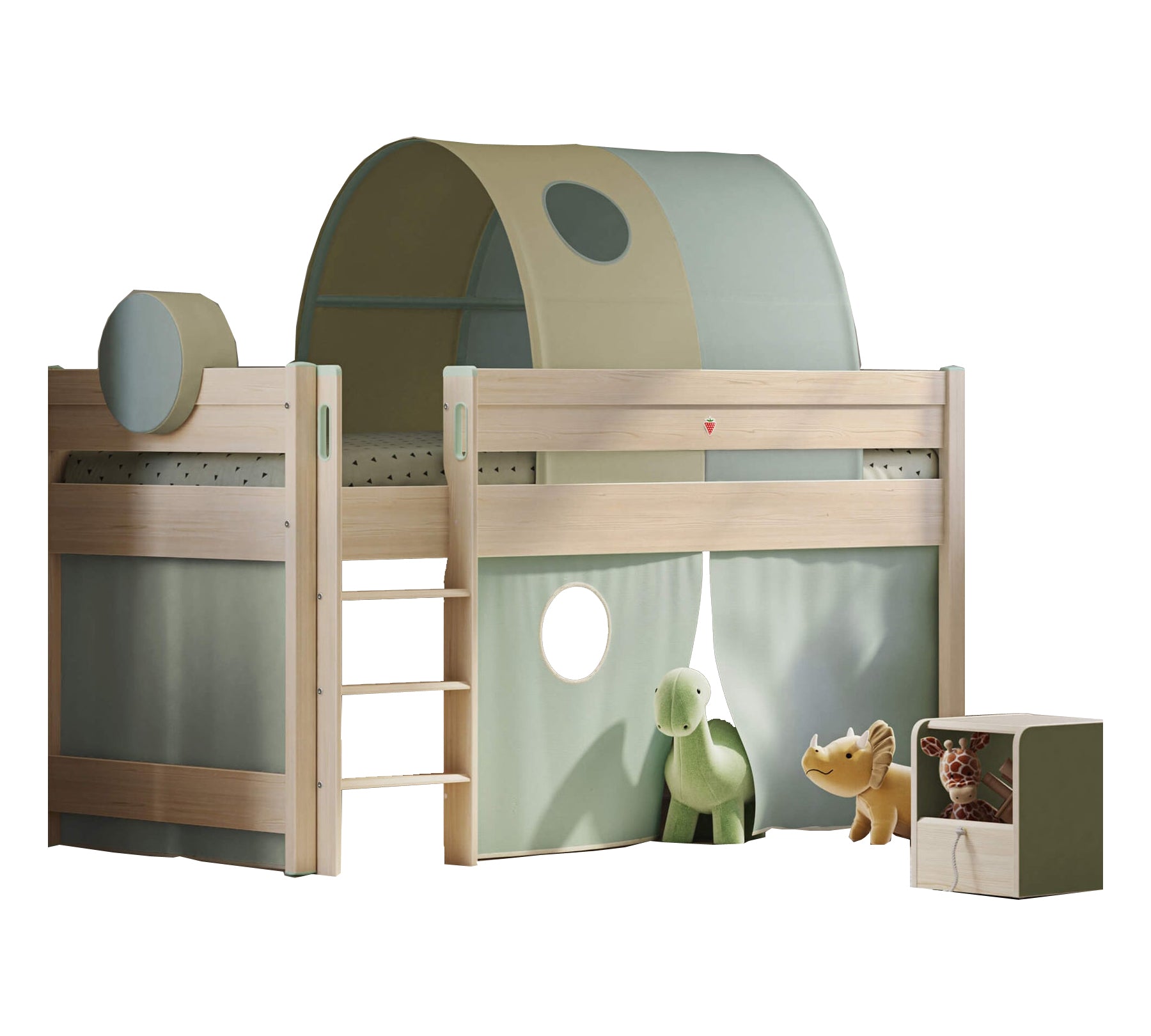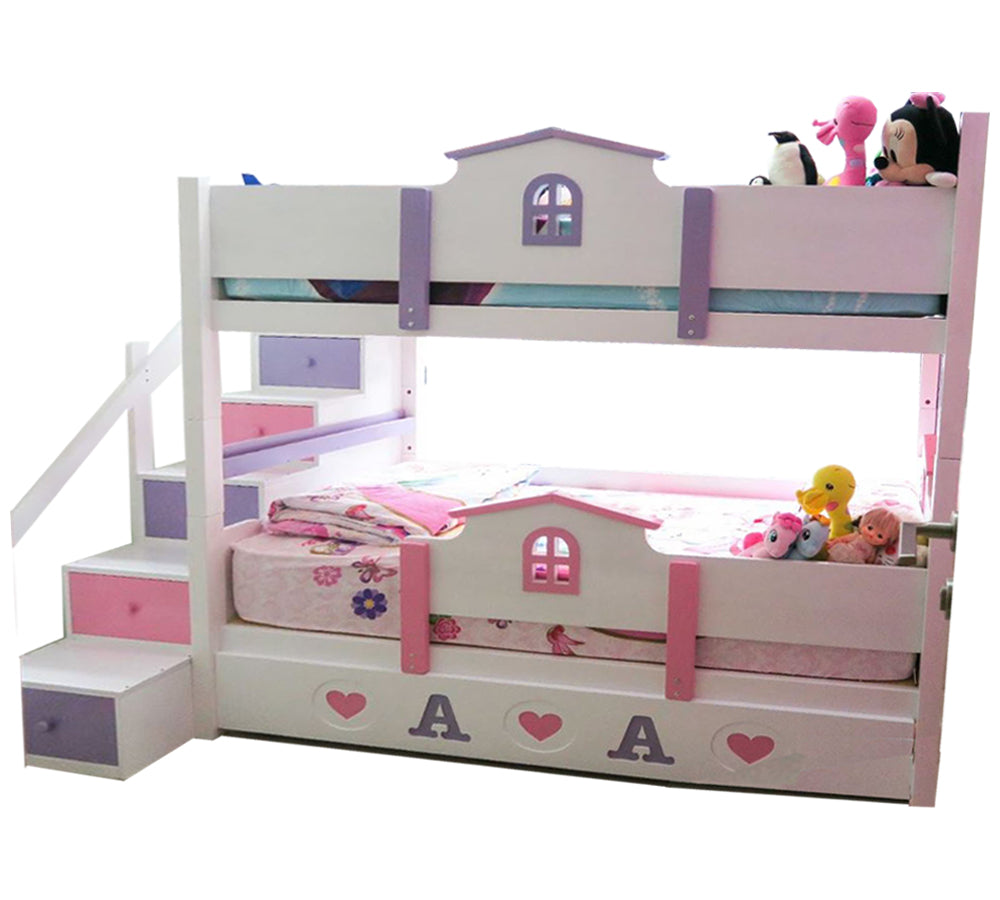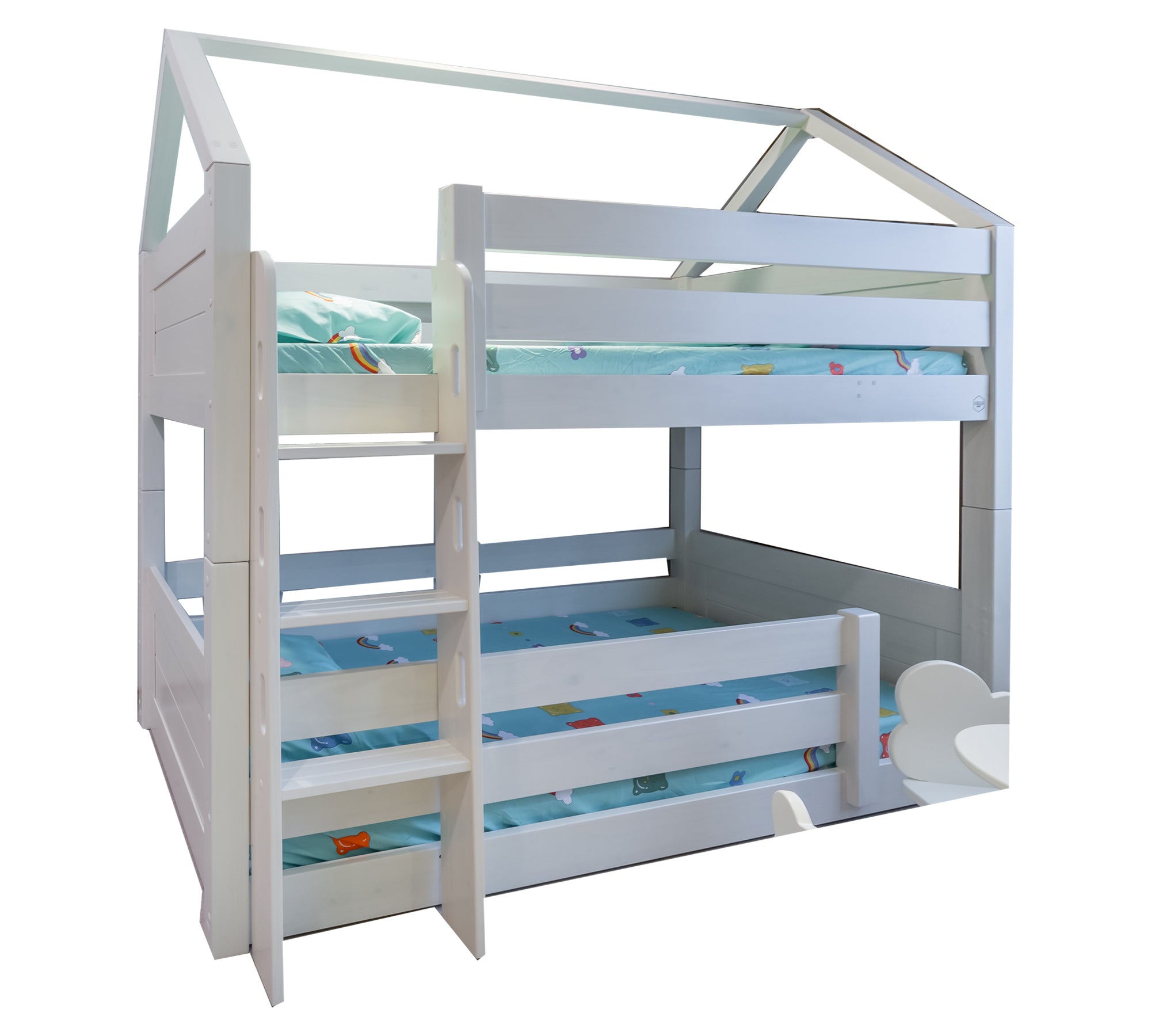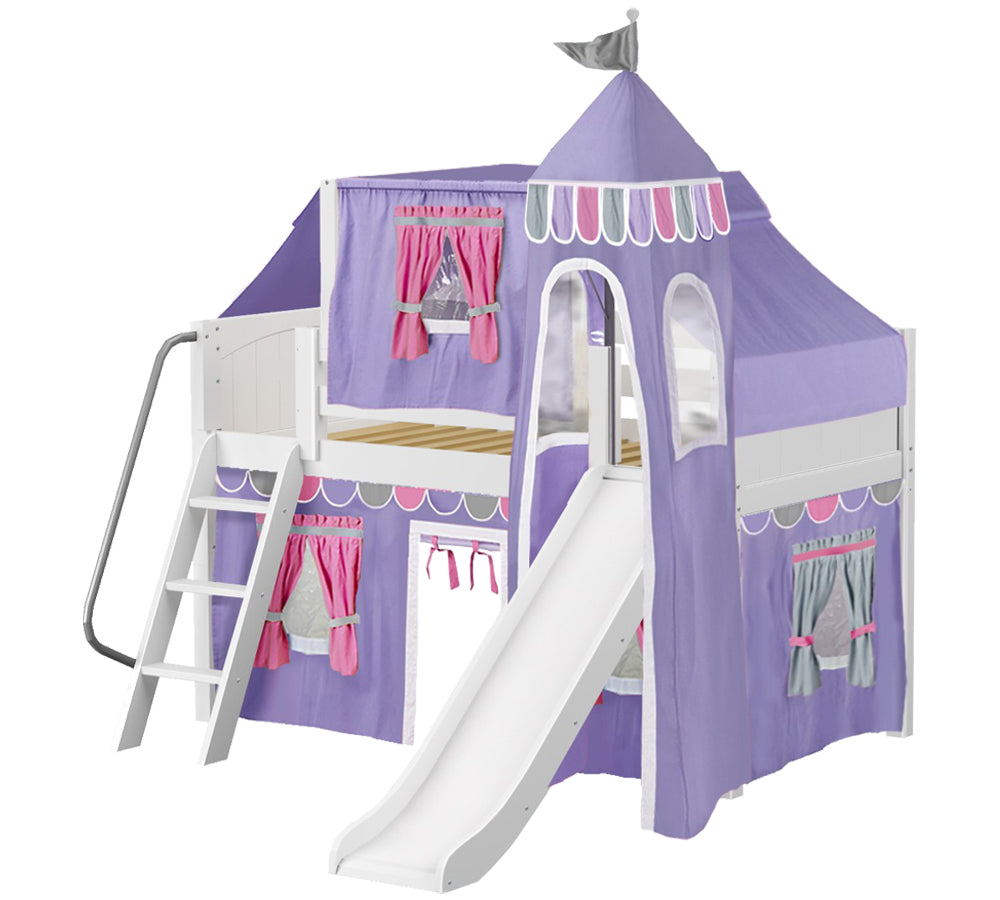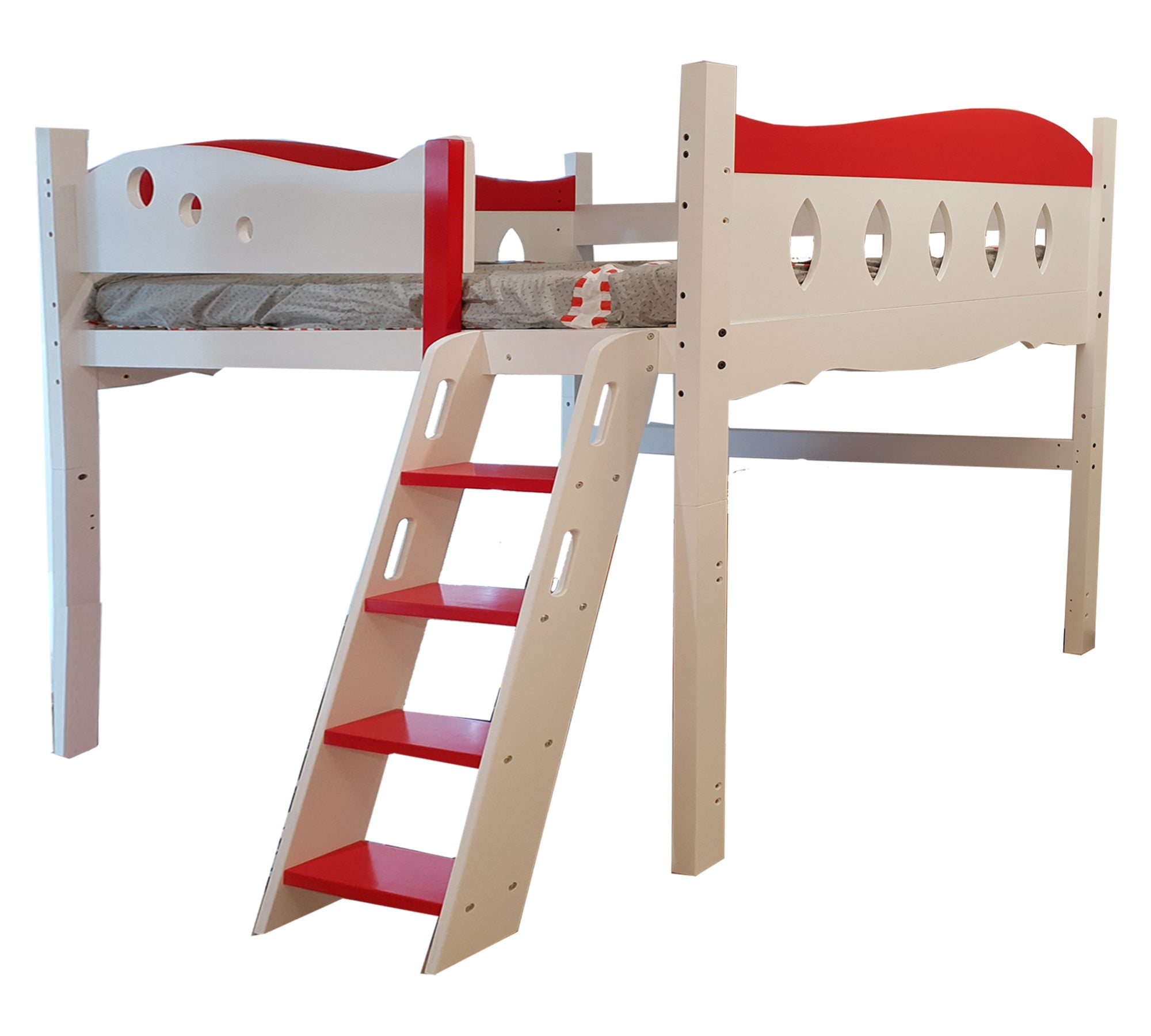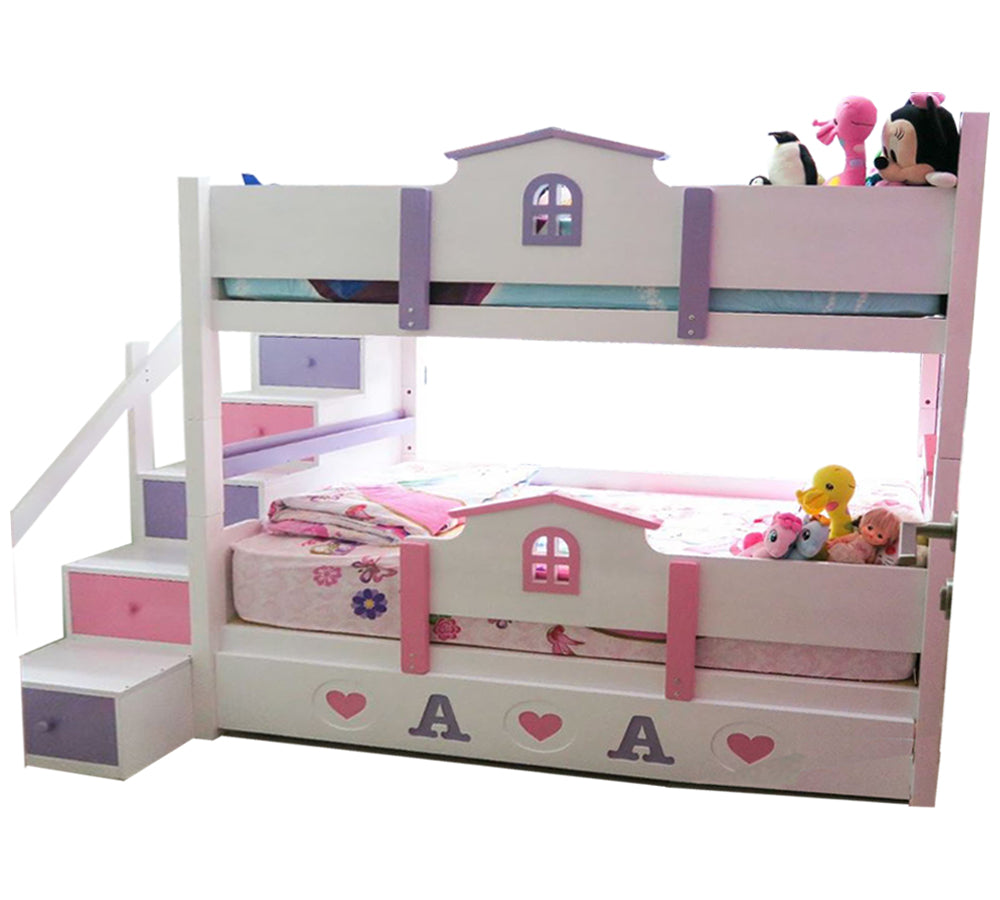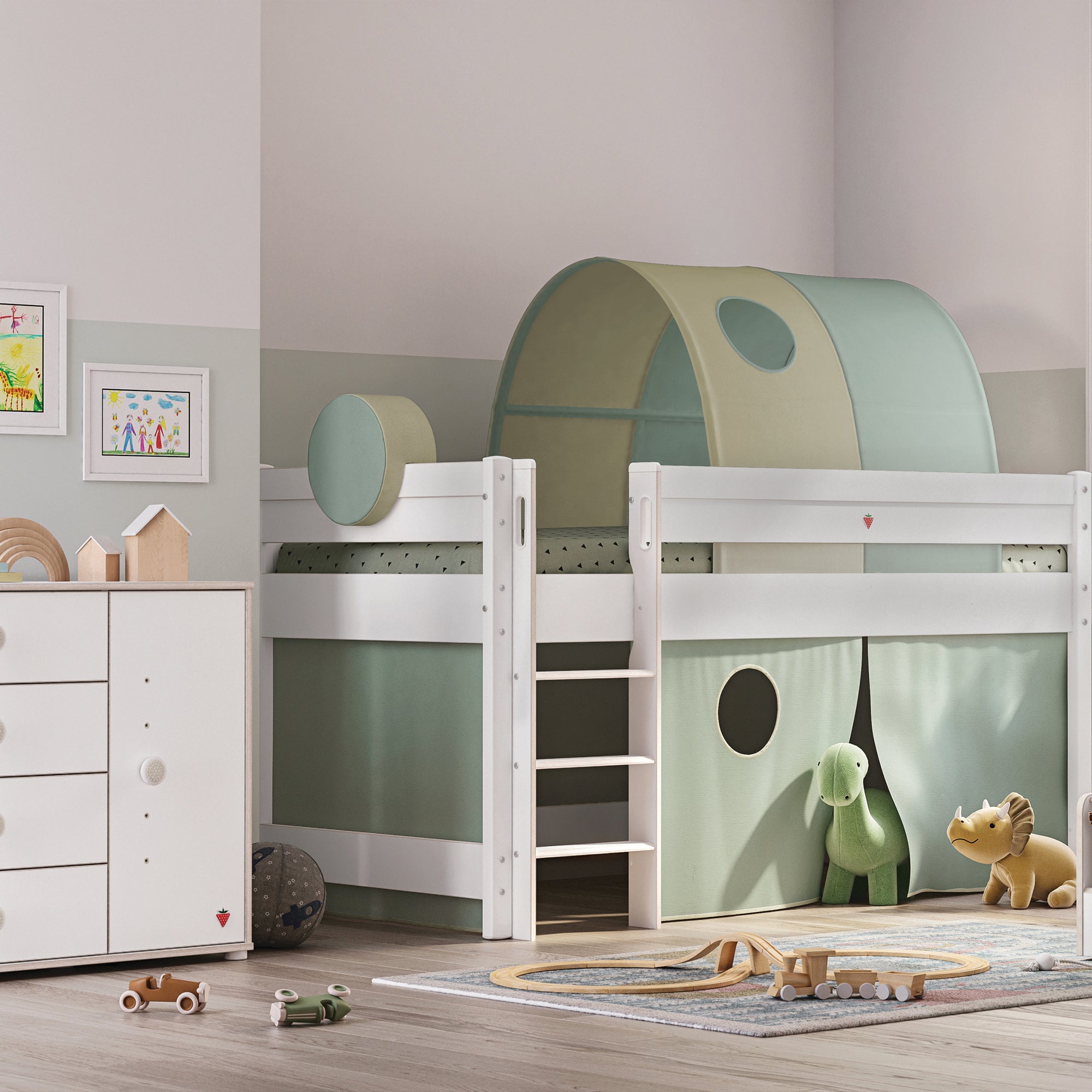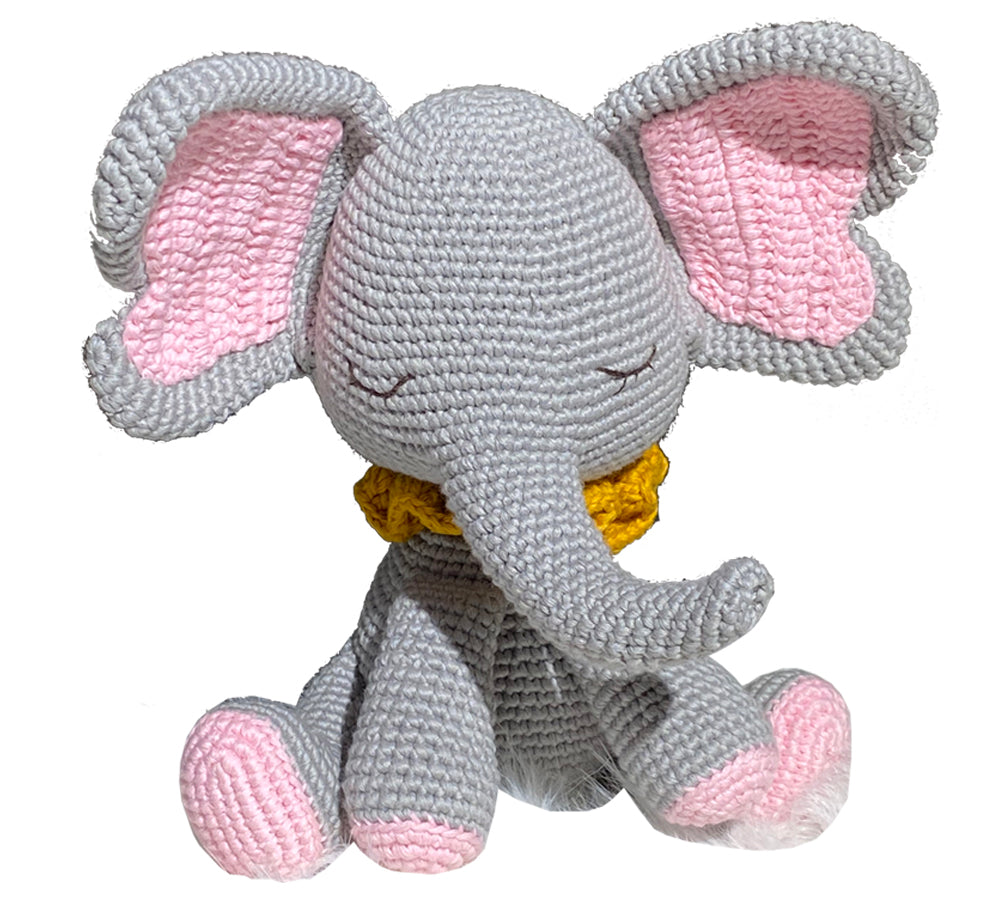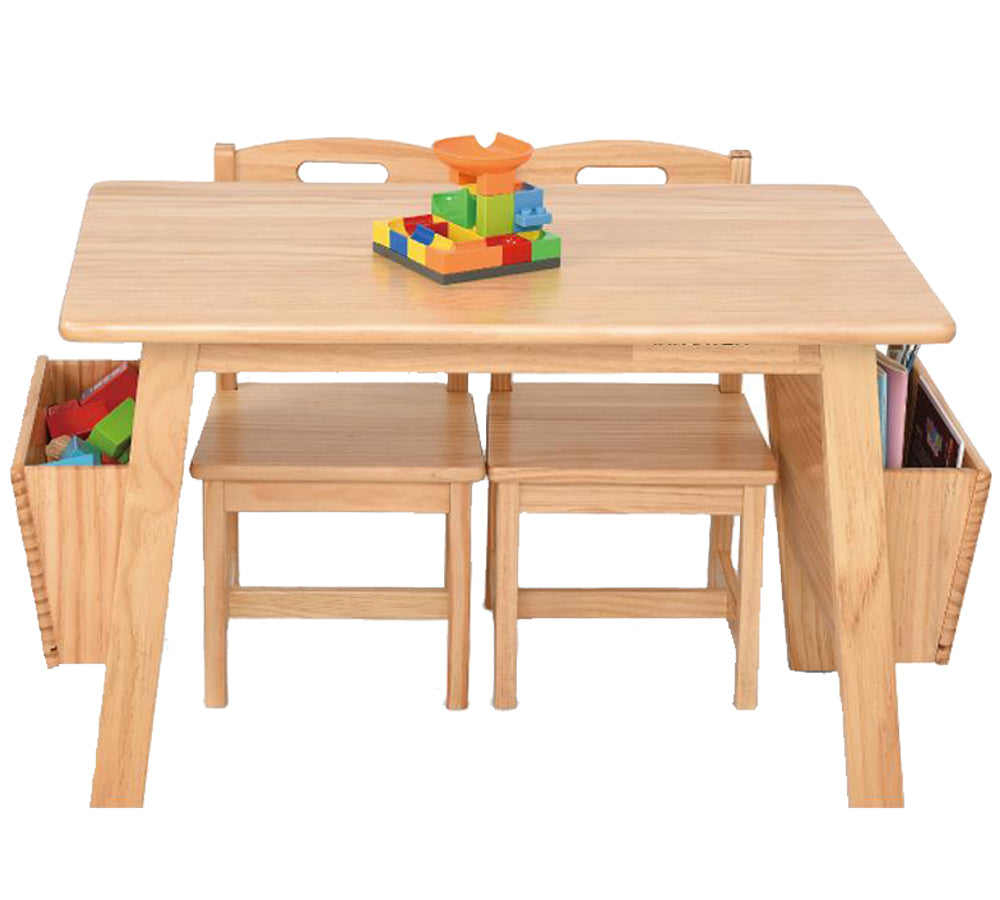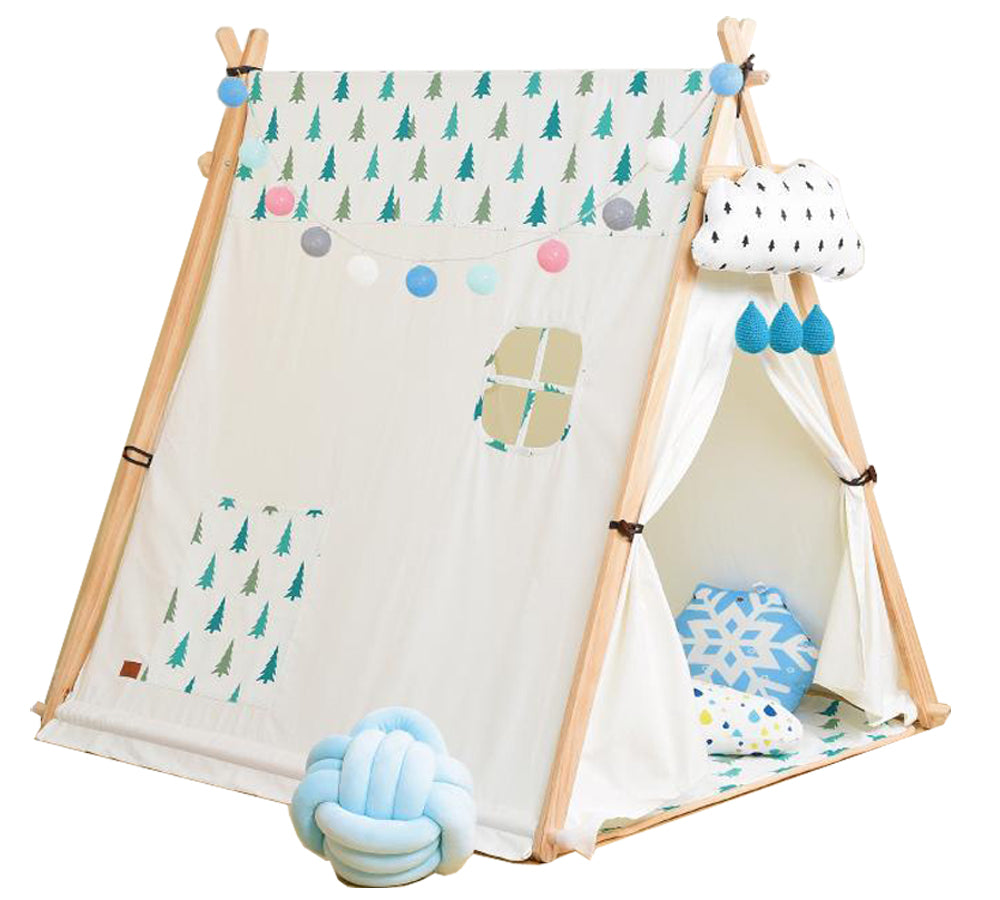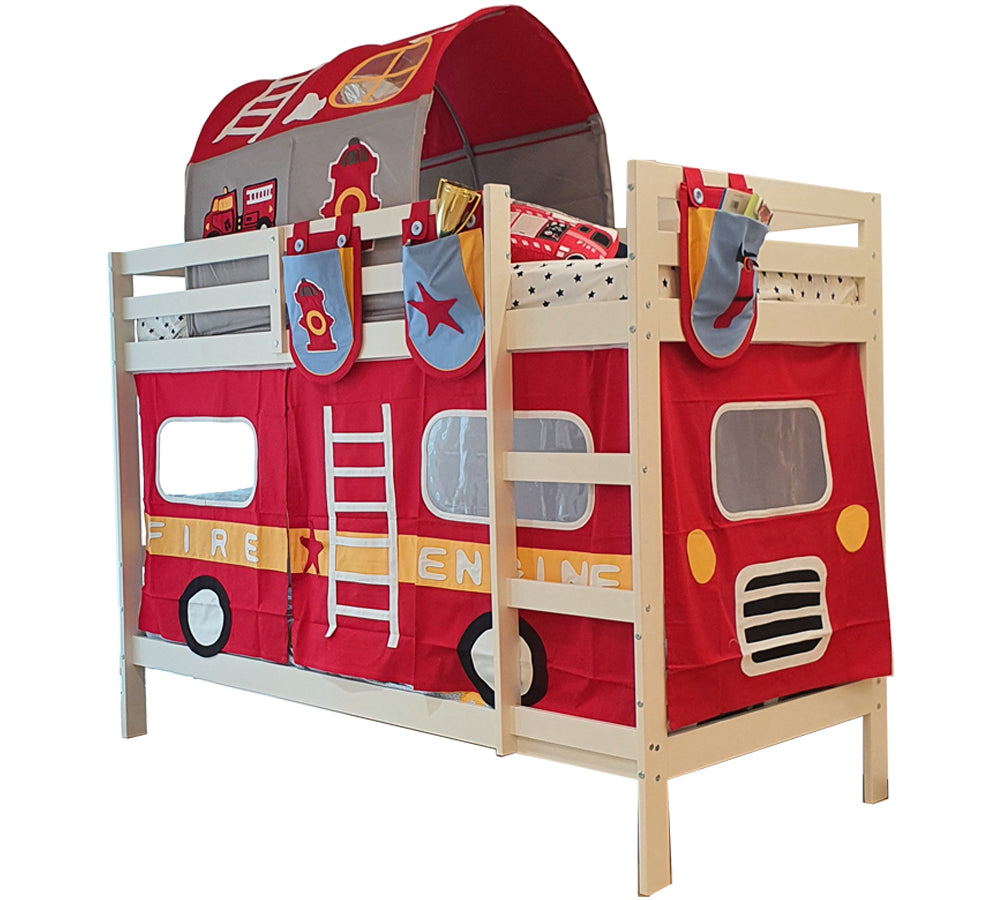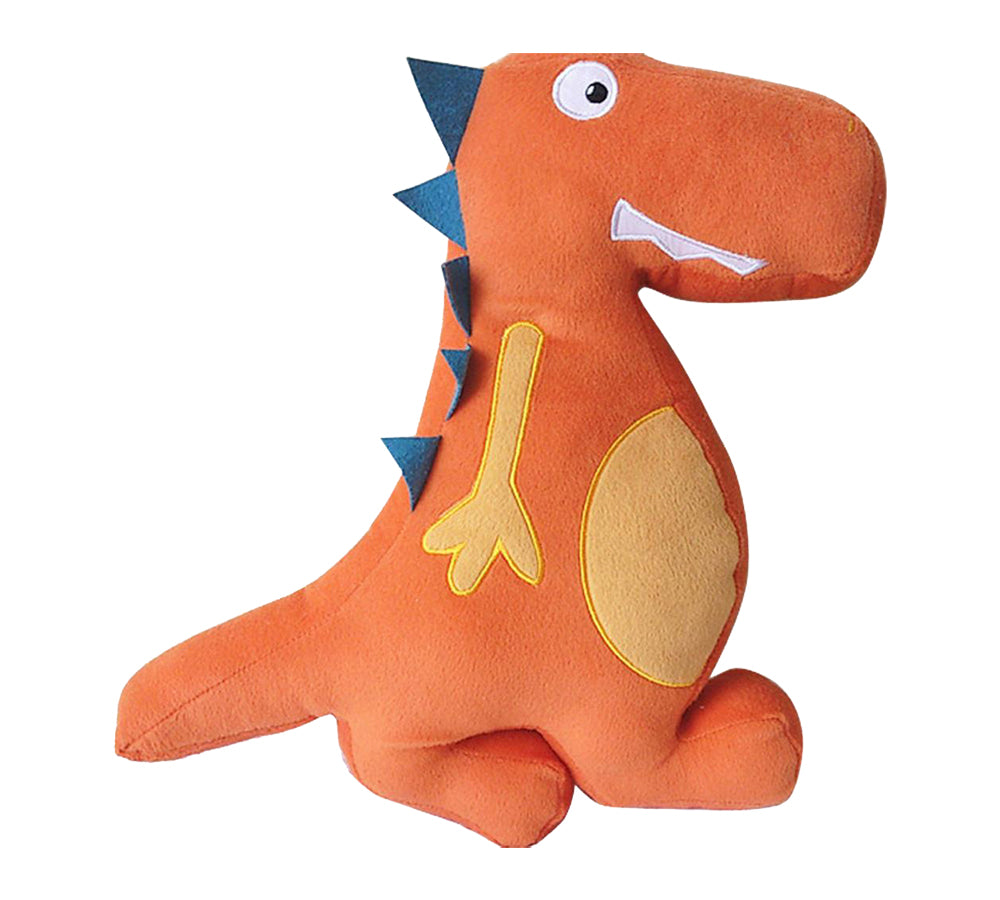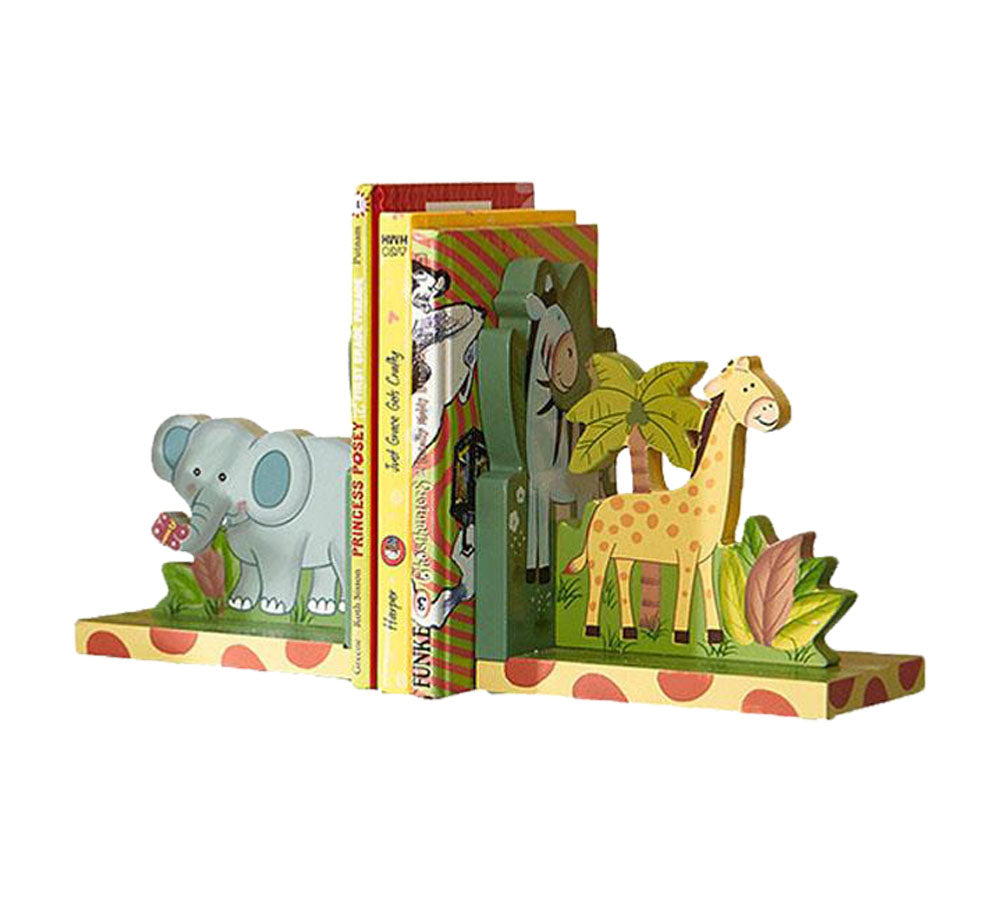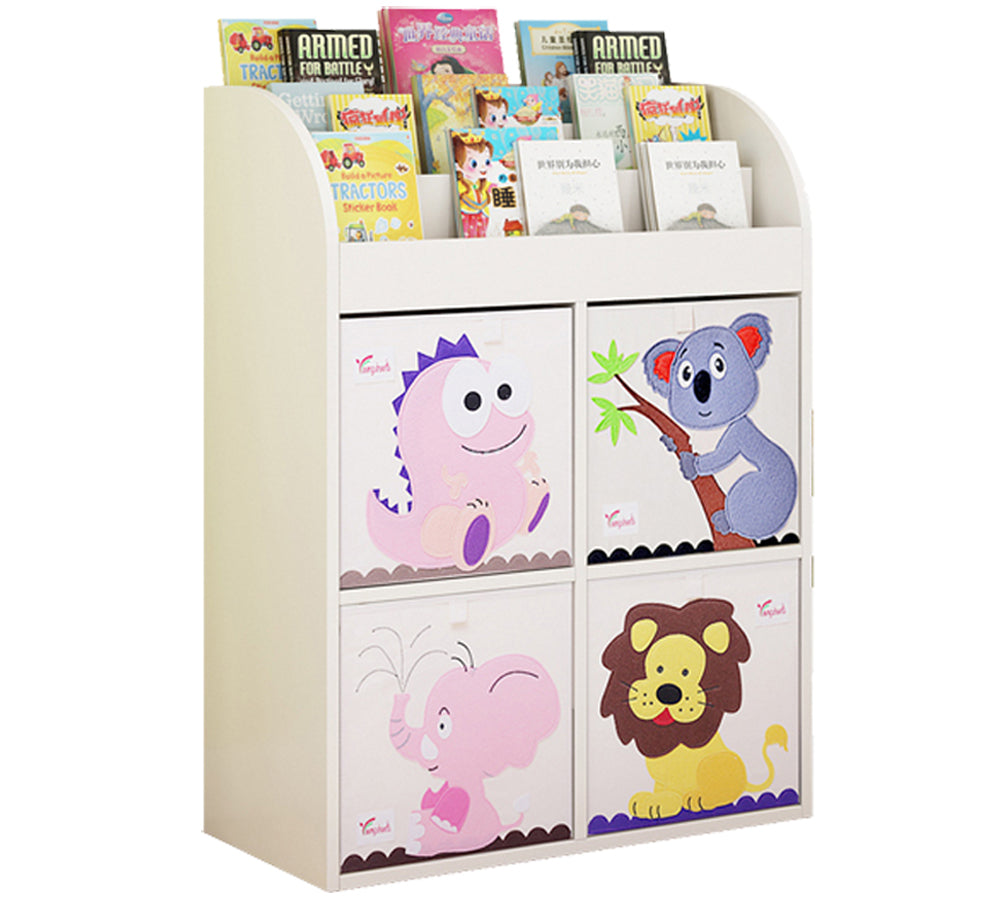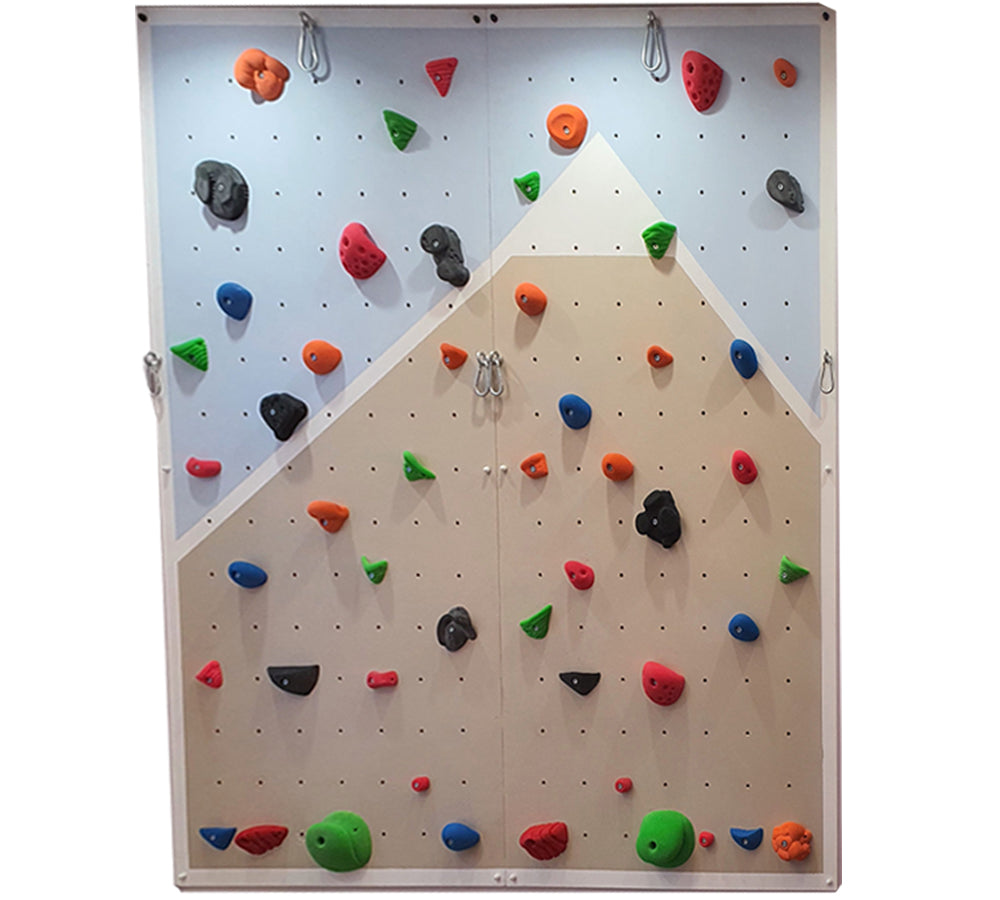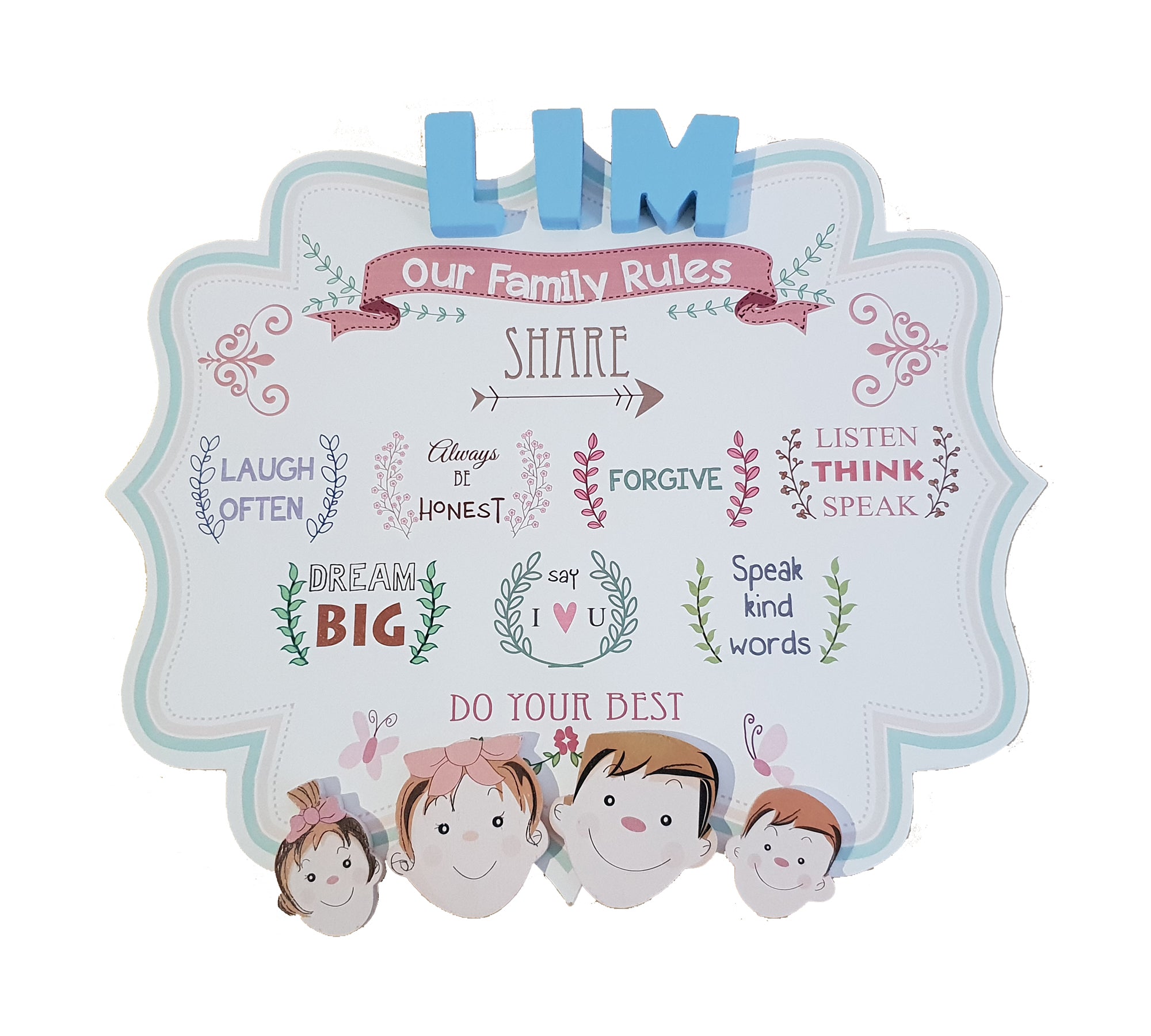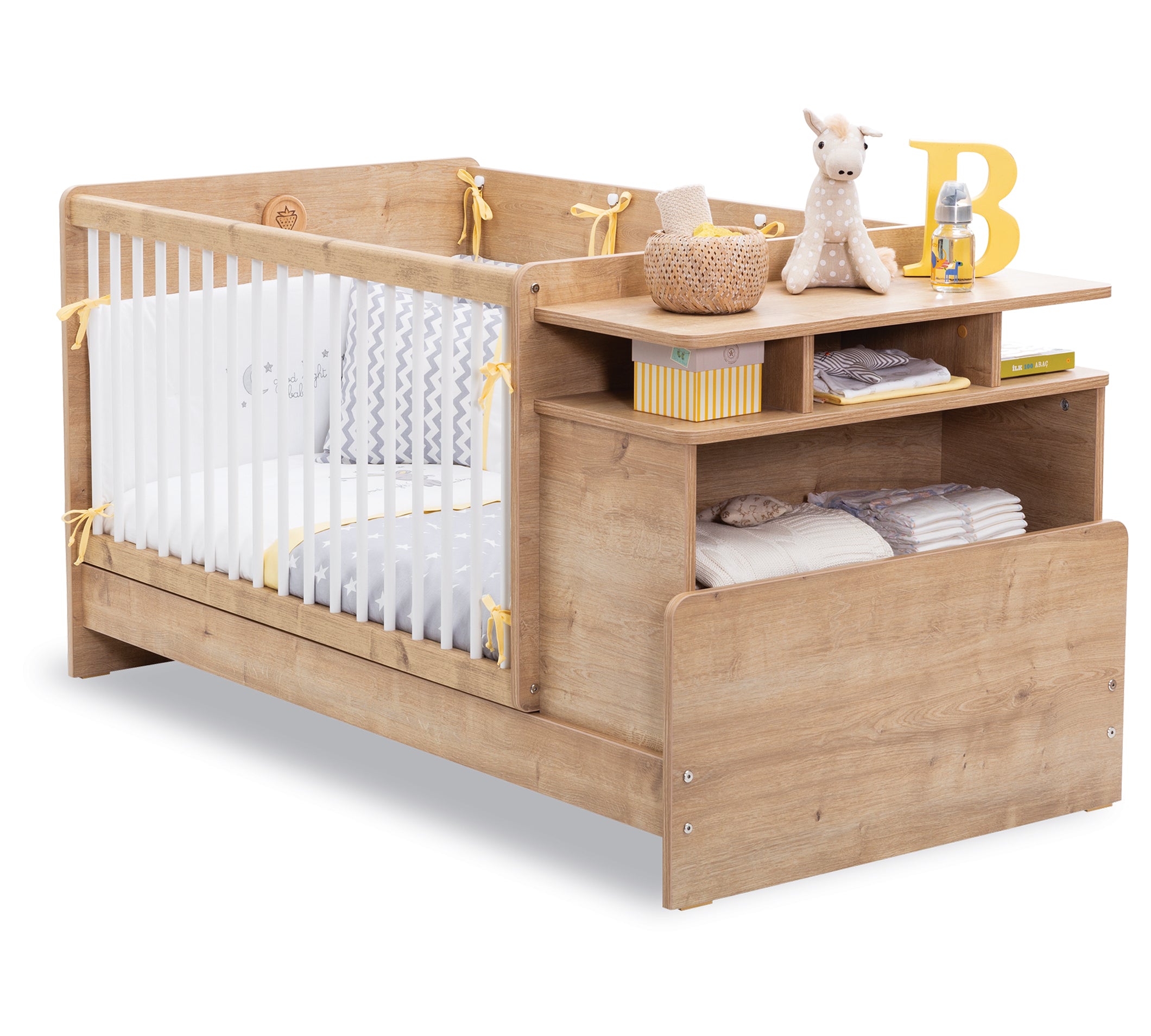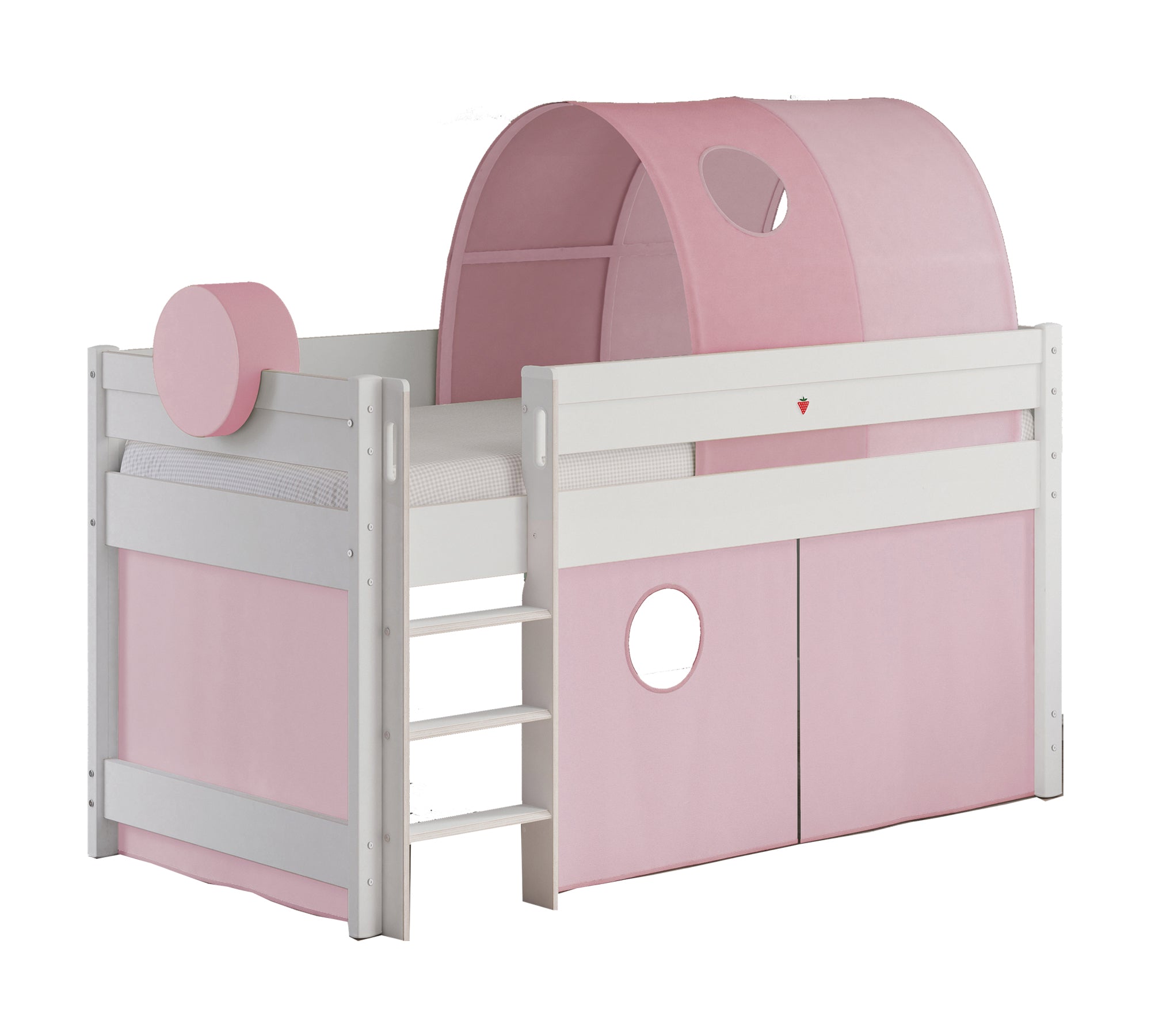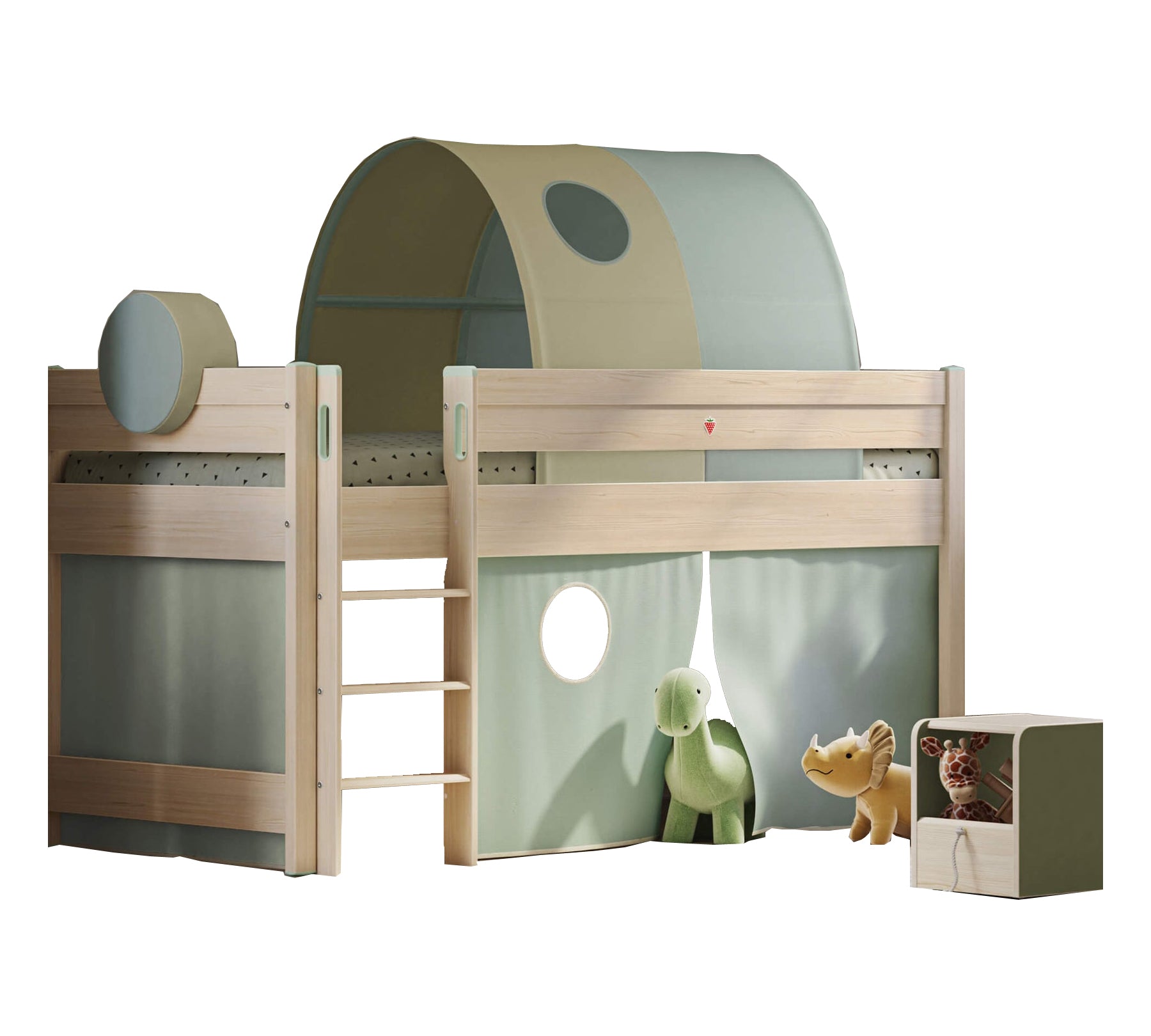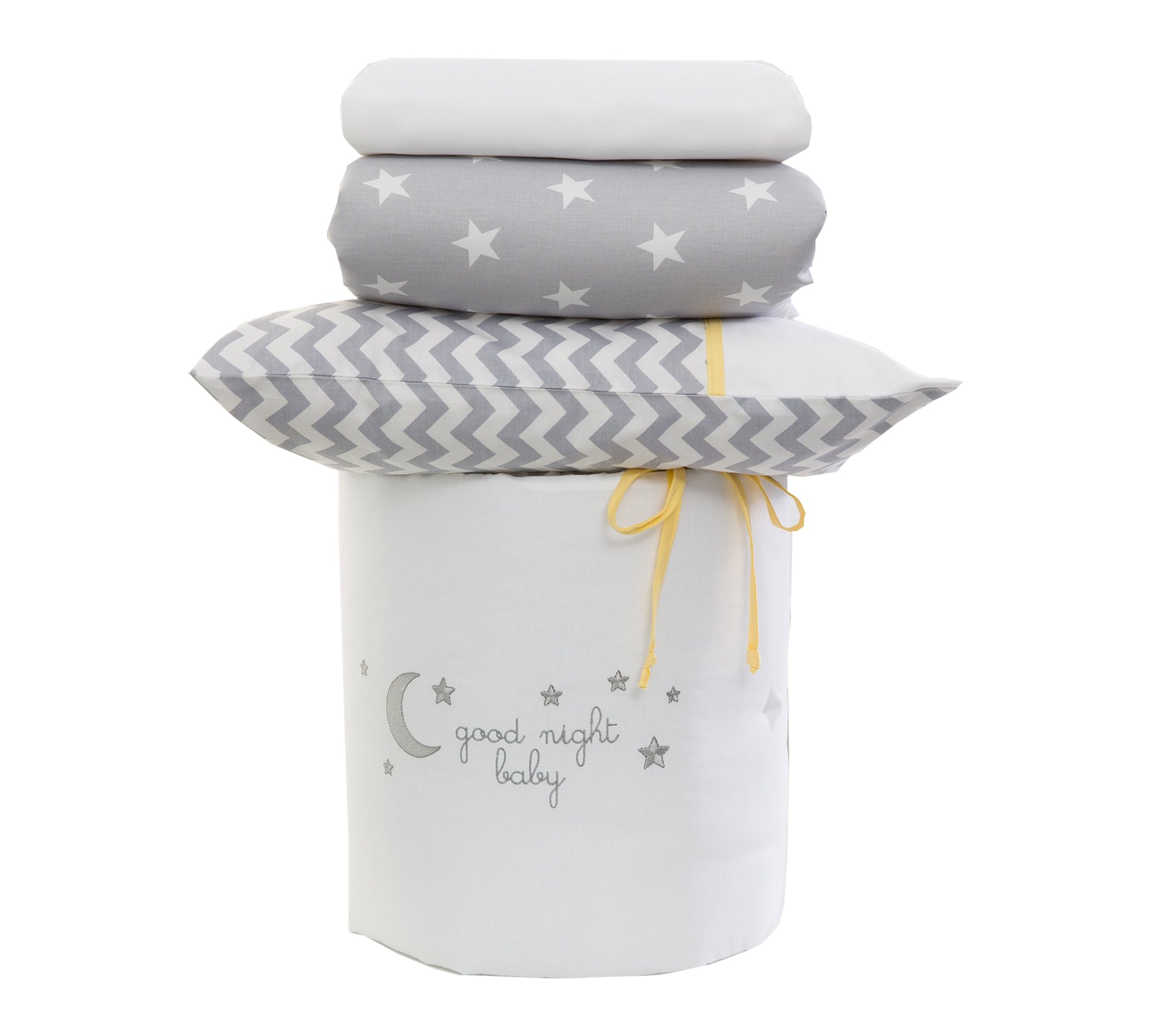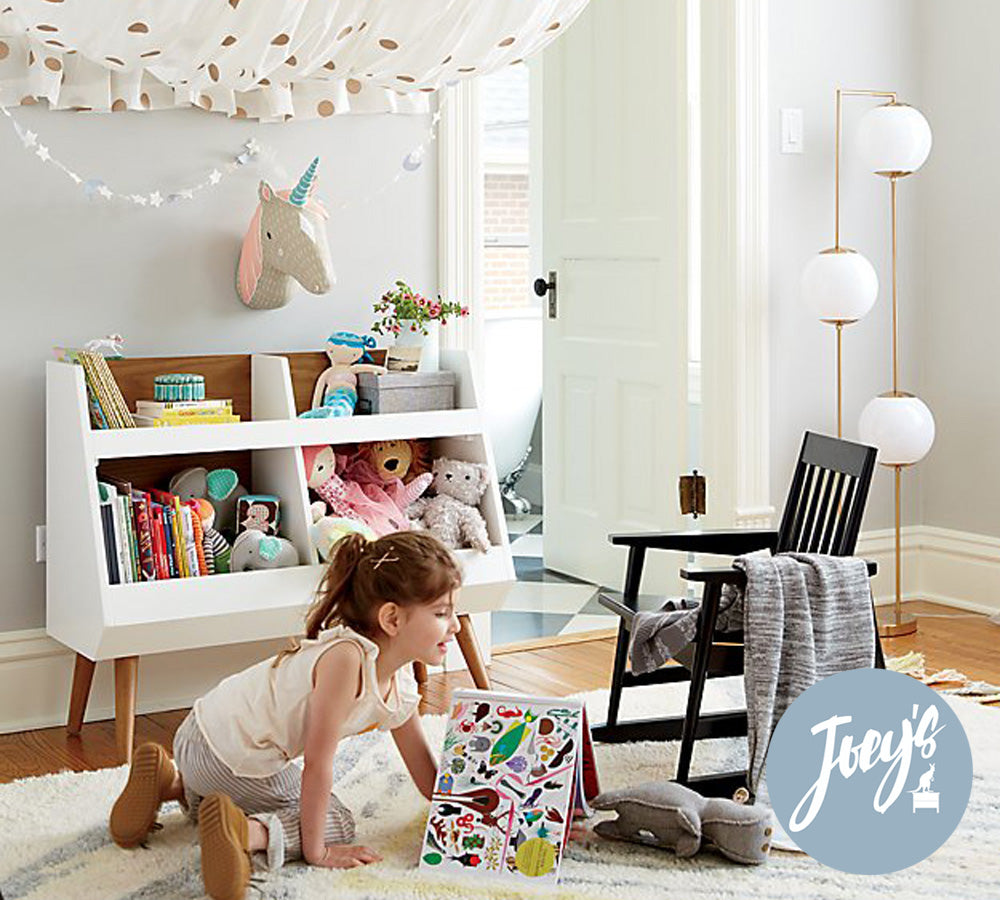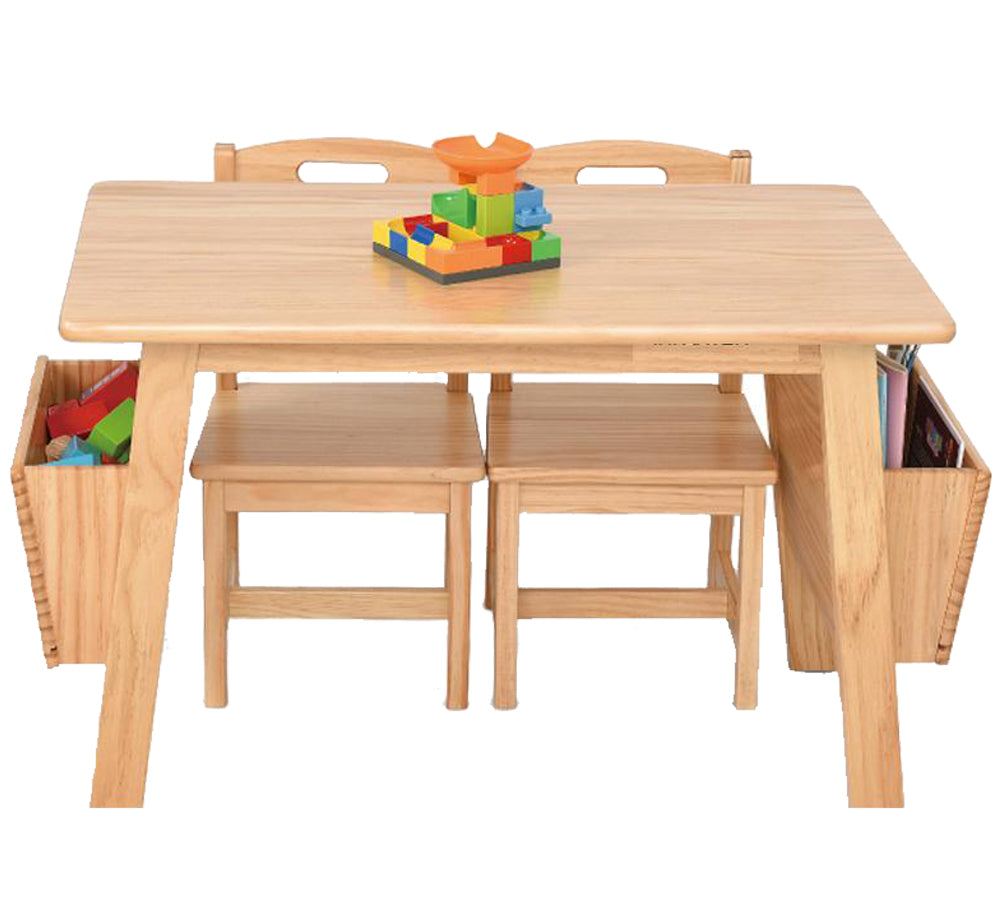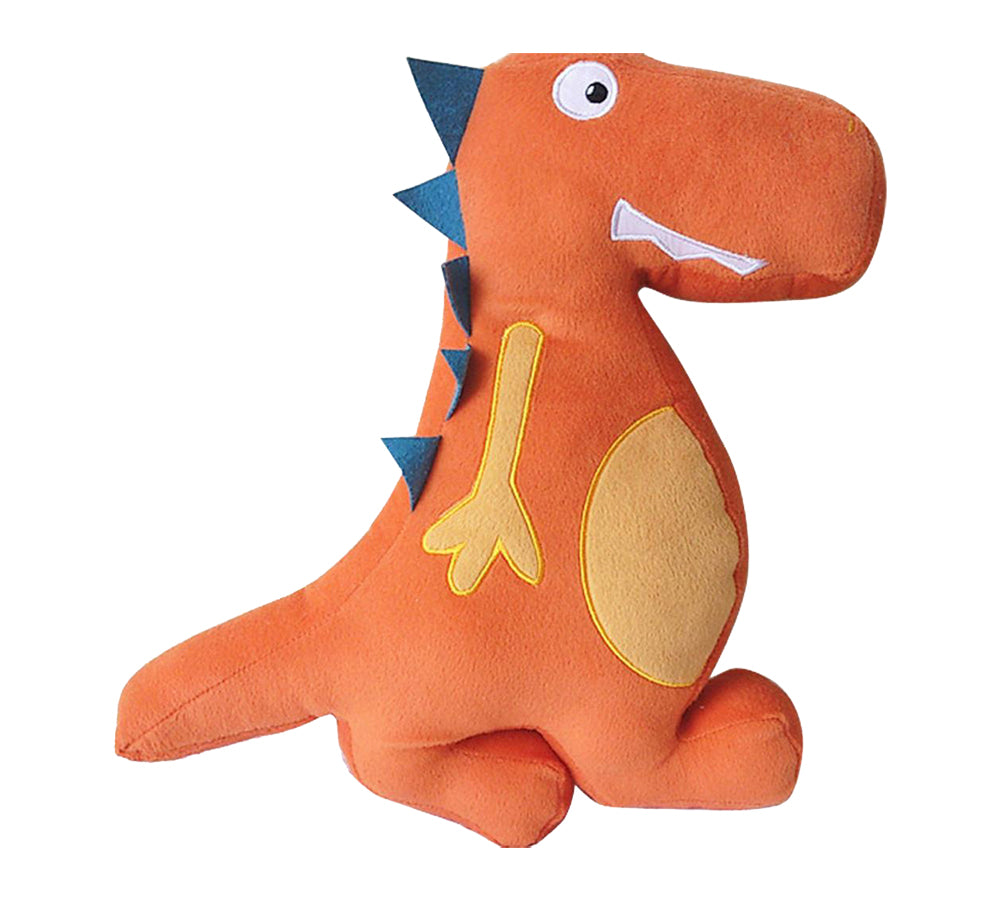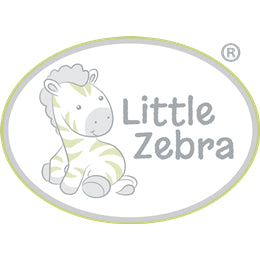3 Common Parenting Challenges & How to Tackle Them

It is every parent’s dream to have a good and healthy relationship with their children. Research has shown that the way parents connect to their children has wide-ranging consequences for their children’s mental health, self-control and ability to create meaningful relationships with others.
Today’s parents are encouraged to build a good relationship with their children by using explanations and offering choices instead of scolding, shaming or bribing with rewards or ruling by fear of punishments.
So, what exactly is the sweet spot between a strict upbringing and giving your child free reign? Or is there really a sweet spot?
1. Praising Your Children
Praise is one of the most effective positive reinforcement techniques that you can use to build and nurture your children’s sense of self-confidence from a young age. When you catch your children doing good, praise them and acknowledge their efforts. When you praise your children, you encourage them to start thinking positively about themselves. Praise helps the child to recognise the value of good deeds and feel proud of themselves and their actions.
So how do you find opportunities to praise your children and build their self-esteem?
Well, you could simply try being more observant and spot them when they are good or doing the right things, which can be quite often. Try your best to avoid being the parent who focuses on catching lousy behaviour but is entirely blind to good behaviour.
Always strive to give more positive feedback instead of criticising and giving negative feedback. Keep in mind that negative communication between children and authoritarian parents often leads children to act out. At the same time, an excessively permissive parenting style may leave children without the required boundaries, which is why parents need to navigate between positive and negative feedback to instil good behaviour without being too authoritarian.
2. Sharing Lessons for Later Life
Teaching young children how to deal with life’s struggles, conflicts, and handling failure will prepare them for the good and tough times ahead. Use personal experience and knowledge about life to impart important life lessons to the young ones and help them become capable of handling all the future challenges life throws at them.
This way, you can prepare your children to be fully capable of managing their lives with confidence in the future when you might not be around to offer a helping hand.
Other than preparing them to face challenges by themselves, it is also important to teach your children that nobody is perfect. After all, it is only natural that humans are flawed. The biggest error most parents make is allowing their children to believe that parents are perfect, and as such, they should aim to be the same.
Instead of encouraging perfection, let the children see and understand that having flaws is absolutely normal and that overcoming those flaws makes a person strong and respectable.
3. Teaching Them Social Skills
One of the biggest challenges most parents face today is teaching their young children social skills. This is because children tend to pick up social skills from their peers at school or home from the way their parents communicate, and Covid-19 has lessened the number of interactions our children have with their peers.
However, there are still many ways to improve your children’s social skills. For example, parents can engage in pretend play with their children in order to teach them how to communicate better with their peers.
Toys or setups such as a kids’ kitchen set or even a full dollhouse can help in this case to make the learning process more fun and engaging. During pretend play, parents can teach children how to take turns, be flexible and learn to see things from other people’s perspectives.
Parenthood is an unending journey, and an uphill battle as your children grow up to become adults. There are plenty of ways to share knowledge with your child as you mould their characters slowly and grow alongside them. Take your time to enjoy the journey of parenthood.






















